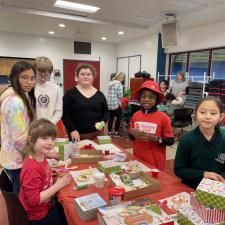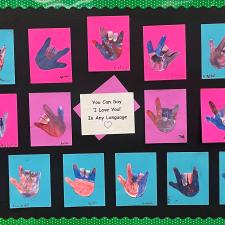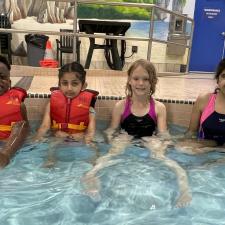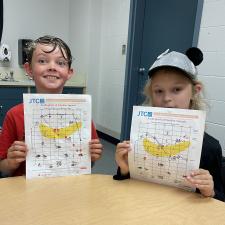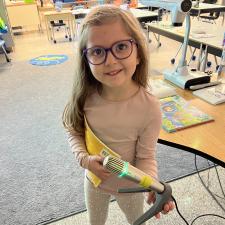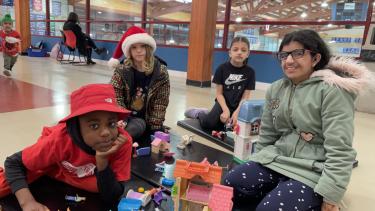
Highlighting the work of Teachers of the Deaf and Hard of Hearing (TDHH)
In BC public schools, Teachers for the Deaf and Hard of Hearing (TDHH) work with low-incidence populations who are Deaf and Hard of Hearing (Designation F) and Deaf/Blind (Designation B). Students who are Deaf or Hard of Hearing represent a culturally and linguistically diverse low-incidence population. Being a D/HH person is more than simply a description of one’s hearing level. TDHH, in collaboration with their School-based Teams, is ethically responsible for ensuring D/HH students have equal access to their learning environment and develop their personal identity as they transition from K-12.
Students who are Deaf and Hard of Hearing require ongoing, direct support and instruction from a qualified Teacher of the Deaf and Hard of Hearing to access learning. Students we support have educationally significant challenges directly attributed to their hearing differences. Supporting our students entails auditory equipment management, self-advocacy skills, language and literacy development, and social/emotional connectedness while working as a liaison between classroom teachers, LSS, Administrators, families, and outside agencies. TDHH focuses on developing student self-advocacy to independently advocate for their current educational needs and future selves in an inclusive culture and community.
Our role as TDHH is to support D/HH learners as they recognize their sense of personal awareness and practice advocacy skills in a supportive, accessible educational environment. Our classrooms are a safe space for DHH students to express their needs, take initiative to ask for help and ultimately take responsibility for their learning.
DHH students often face social and emotional challenges such as self-regulation, executive functioning, self-management, building friendships, and problem-solving. TDHH plays a key role in providing direct support and collaboration with LSS teachers by developing IEP goals related to the personal and social core competencies. Working on building positive SEL (Social Emotional Learning) skills fosters positive peer interactions, personal well-being, and regulation of emotions, leading to healthy and active citizens.
TDHH collaborates and connects students and families with three provincial outreach programs: POPDHH (Provincial Outreach Program for Deaf and Hard of Hearing, POPDB (Provincial Outreach for Deaf-Blind) and Deaf Well-being Program. These programs provide consultation, resources, workshops, field trips, and mental health support for students from K-12 who are Deaf and Hard of Hearing or Deafblind.
In the Abbotsford School District, Teachers for Deaf and Hard of Hearing plan several fun days for all our students to unite, build friendships and celebrate student successes. These opportunities create a sense of social connectedness and belonging that is important for the health and well-being of our D/HH learners.
As we reflect on these themes, it highlights the importance that our staff play, which is connected to several pillars of the Board of Education’s Strategic Plan, including a Progressive Workforce and Student Success.
DARLENE TAYLOR, KELLY ERNEWIN, CHARLENE WIGHT, WENDY JOHNSON-BIRD (TDHH)
GALEN SOON, ACTING DISTRICT PRINCIPAL
Learning Support Services
